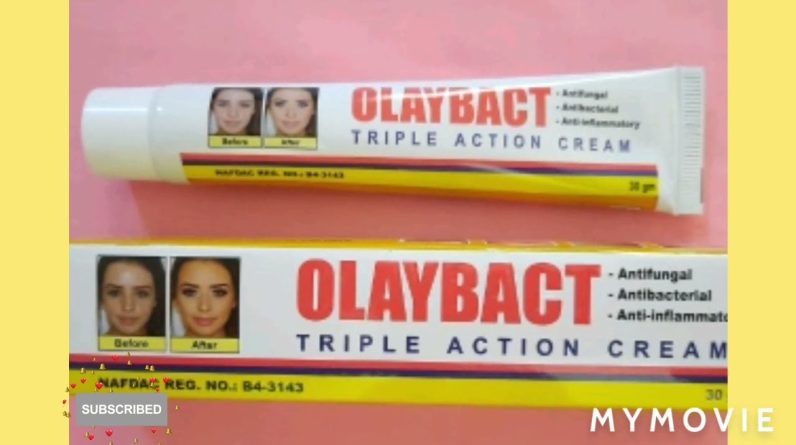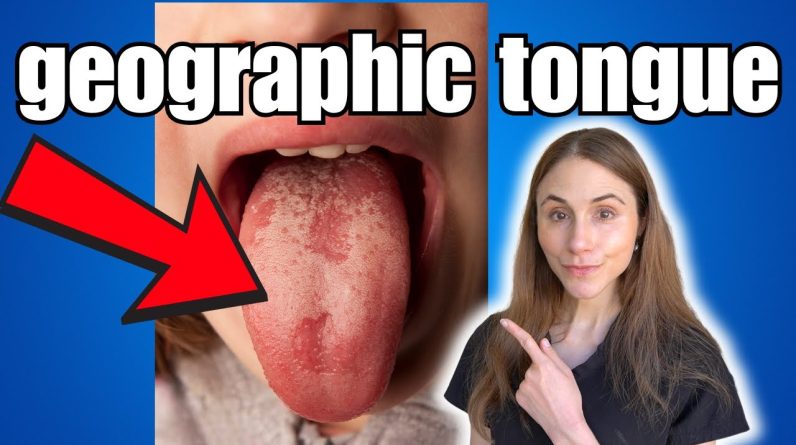What is the difference between psoriasis and eczema?
Sometimes it is difficult to differentiate between skin diseases in general. In this article, let us learn the difference between eczema and psoriasis, and the most important ways to treat them:
What is the difference between psoriasis and eczema?
To properly differentiate between psoriasis and eczema, you must know what these two diseases are:
eczema
Eczema is a dermatitis that can have many triggers.
One of the most common types of eczema is atopic dermatitis, and it usually affects individuals who have a previous personal or family history of certain diseases such as; Asthma, hay fever, or other allergic conditions.
Also, this disease often affects children, and it is worth noting that eczema makes the skin more sensitive, and more susceptible to infection with some types of infections.
psoriasis
Psoriasis is a chronic immune disease, meaning that the patient’s immune system becomes ineffective, in addition to the fact that the process of its activation takes place chronically, which leads to the appearance of some changes on the patient’s skin, and these changes include; Red, scaly patches appear on the skin.
Psoriasis includes many different types, including; Plaque psoriasis is the most common type, accounting for 80-90% of all cases of psoriasis.
The difference between psoriasis and eczema
There are many differences and differences between eczema and psoriasis, and the most important and prominent of these differences are the following:
1. Differences in cough
The degree of itching varies between eczema and psoriasis:
Eczema: People with eczema suffer from severe itching, especially if the disease reaches its acute stage, then the sufferers may scratch their skin to the extent that they bleed as a result of the severe itching they suffer from.
Psoriasis: A person with psoriasis may suffer from mild itching, and in some other types that fall under this disease, which are less common, may result in severe burning in some cases.
2. Differences in appearance
The appearance of the affected skin in general differs between both diseases:
Eczema: It causes redness and inflammation of the skin, and in some cases it may be crusty, and it is possible to see some rough spots in one of the infected, and in some other cases it leads to swelling in the affected skin area.
Psoriasis: This disease causes some red spots to appear on the skin of the patient, and they may be silvery and scaly, and in the case of a good examination of the skin of the person with psoriasis, you may find that the skin has become thicker and inflamed than the skin of eczema.
3. Where to appear
The places where the disease appears on the affected person varies, depending on the type of disease he has been exposed to:
Eczema: It usually appears on the curved parts of the body, such as the inner elbow, or behind the knees. It can appear on the neck, wrist, and ankle. In children, it can appear on the chin, cheeks, scalp, and chest. Back, arms, and legs.
Psoriasis: Psoriasis often appears on the affected areas, including the elbows, knees, scalp, face, and lower back, in addition to the palms of the hands, and the soles of the feet.
4. Catalyst
There must be a stimulus that contributes greatly to stimulating the disease, and the causative stimulus varies based on the type and nature of the disease:
eczema
Usually, this disease results from exposure to some things that help irritate the skin, such as; Soaps, detergents, and disinfectants, as well as some types of meat or produce juices.
It is worth noting that allergens can also cause eczema, including; Dust, pets, pollen, mold, dandruff, and some types of foods.
psoriasis
Infection and stress can be a trigger for psoriasis, and vaccination, heat stroke, and some scratches may contribute to some infections.
There are some types of medications that have an important role in exposure to some episodes of psoriasis, such as, treatment for bipolar disorder, or malaria drugs.
5. How to treat
After you know the difference between psoriasis and eczema, you should know that there is also a difference in the method of treatment, due to the different trigger and cause of their appearance:
Eczema: Among the most important procedures followed in the treatment of eczema infection are the following:
Avoid using harsh soaps and highly scented products.
Refrain from using warm water when showering.
Reduce the use of tobacco smoke.
Apply topical corticosteroid creams to the itchy areas.
applying antihistamine creams, or taking an antihistamine such as; Diphenhydramine.
Stay away from extreme temperatures, as exposure to sweat can make the situation worse.
Psoriasis: Keeping the skin clean and moist while avoiding the use of some harsh soaps and very hot water can relieve the feeling of psoriasis and reduce itching.
source







